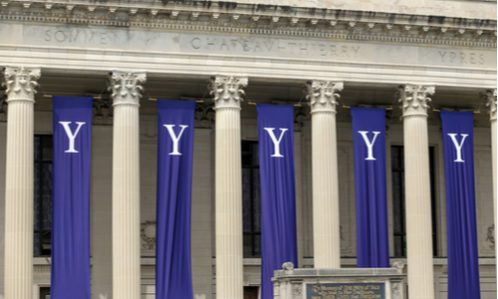Yale and the other defendants in the 568 Presidents Group antitrust lawsuit have filed their first response to the allegation that the group has illegally colluded in its sharing of financial aid formulas.
The 17 universities are set to file a motion to dismiss the case altogether. In the meantime, they have filed a motion to postpone the discovery process — during which the schools would have to turn over relevant documents pertaining to their collaboration and their financial aid calculations — pending the court’s decision on the “forthcoming” motion to dismiss. The motion to postpone the discovery process cites disproportionate cost burdens, student privacy rights, the four-year antitrust statute of limitations and the plaintiff’s allegedly “legally untenable” definition of “need-blind.”
“One of the purposes of the Section 568 exemption” — a legal exception that allows colleges to collaborate on financial aid formulas so long as they are need-blind — “is to allow colleges and universities to increase access to needy students without fear of litigation,” the motion reads. “Numerous courts have found that, in expansive antitrust class actions like this one, defendants should not be subjected to the significant burden and expense of discovery before the resolution of a motion to dismiss.”
According to Georgetown Law School professor Howard Shelanski, it is “typical procedure” to file a motion like this. Antitrust discovery stays are often granted, he added.
Want more news? Subscribe to CPI’s free daily newsletter for more headlines and updates on antitrust developments around the world.

